There is a lot of misinformation on the internet about whether or not you need a license to build your own home. Some people say that it’s illegal, while others claim that it’s not necessary as long as you stick to a few specific guidelines. So, what’s the truth? Can you build your own house without a license? In this article, we will answer all of your questions and provide some useful tips to help you get started!
Why should you build your own house?
It also represents financial freedom: when you build your own house, you significantly reduce how much money you would have spent on labor and materials. Plus, it’s incredibly satisfying to be able to watch something come together with your own two hands!
But there are other reasons why building your own house without a license makes sense. For one thing, it can give you more control over the design process and the quality of materials used in construction. Additionally, it can save even more money since as an owner builder, you won’t have to pay for contractors or expensive permits. Finally, it gives you the opportunity to learn more about building, as well as the satisfaction of being able to build something with your own two hands.
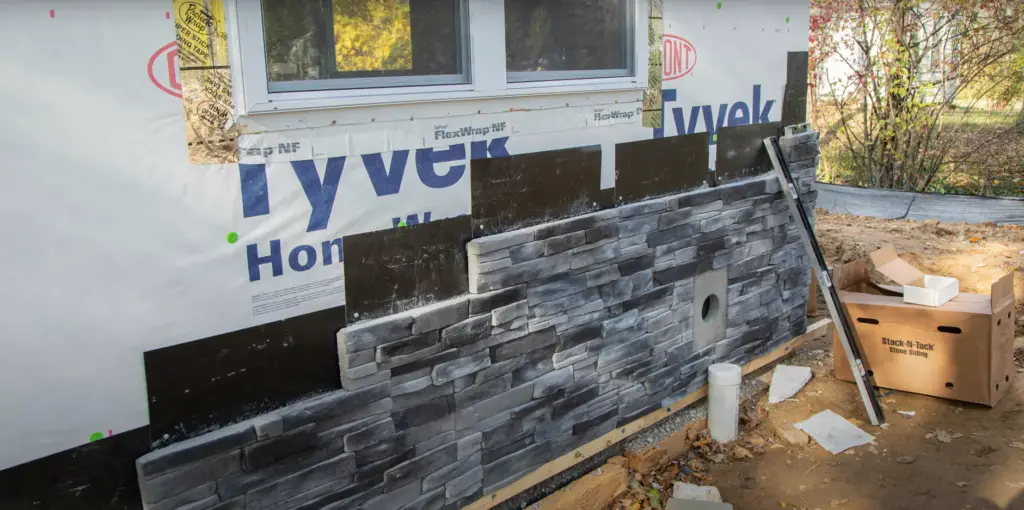
Requirements to Build Your Own Home
When it comes to building your own home, there are a few requirements that you should be aware of. Depending on the laws in your area, these can vary, but typically include:
- Obtaining a building permit from the local authority.
- Meeting any relevant fire or safety codes and regulations.
- Complying with zoning laws and restrictions.
- Having all necessary construction plans approved by the local planning department.
- Hiring an experienced contractor or engineer to oversee the project if needed.
- Having sufficient funds to complete the project as planned.
- Ensuring that all construction materials meet minimum standards for quality and durability.
Do you need a license to build your own house?
The answer to this question depends on the laws and regulations in your area. Generally speaking, if you are building a house for yourself or someone else, then yes, you will need to obtain some form of license. This can range from a simple permit from local authorities to full-blown contractor’s licenses depending on how complicated the job is and where you live.
When it comes to building your own home without a license there are several things to consider. Firstly, most cities and states require that anyone undertaking construction work is licensed. This includes projects such as decks, patios, fences, garages or even just painting the exterior of a home. Depending on where you are located in the U.S., different jurisdictions may have different requirements.
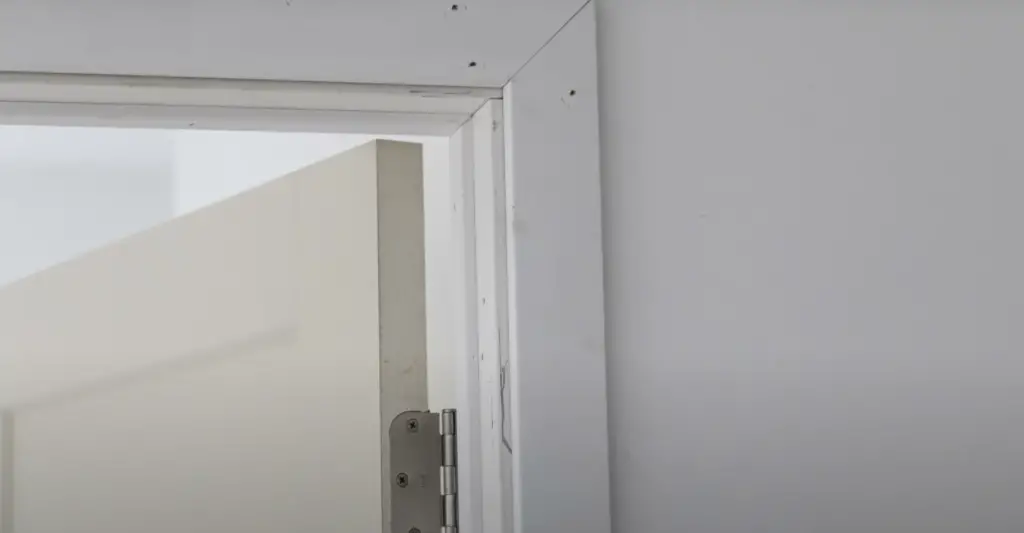
In some places, you may be able to build your own house without a license if the project is considered simple and basic enough. For example, in many states, it may be possible to build a small shed or other outbuilding without a license. Additionally, if the structures are more than 20 feet away from any existing buildings on adjacent properties and not related to services such as plumbing or electrical wiring then this can often get around needing a license for construction work. However, it’s important to check with local authorities ahead of time just to make sure that any regulations are followed. [1]
It should also be noted that even if you don’t need a contractor’s license for building your own home, there are still other issues that need to be considered. For example, local building codes will still apply and you may need to obtain permits such as zoning or occupancy permits. Additionally, if your project involves more than just basic work then structural engineering may also be required in order for the project to be safe and structurally sound.
How to Build a House Without a License
In some situations, it is possible to build your own home without having an official contractor’s license. This may depend on the jurisdiction in which you live, so make sure to check with your local authorities first. While it may be possible to do some of the work yourself, there are several steps required:
- Carefully research building codes in your area and determine which ones apply to you.
- Secure all necessary permits or licensing for the project.
- Create a detailed plan that takes into account any building codes and regulations.
- Gather all necessary materials and tools you will need to complete the project.
- Hire qualified subcontractors if needed to complete certain tasks, like plumbing or electrical work.
- Handle as much of the construction yourself as you can, and make sure it meets quality standards and safety requirements.
- Complete all required inspections after completion of the project.
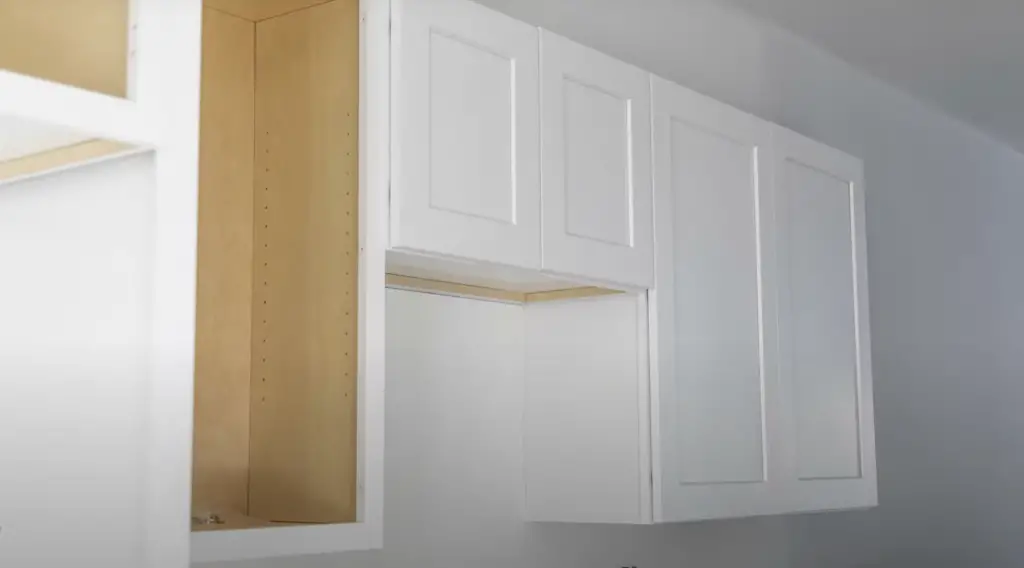
Building your own home without a license may be possible in some cases but there are many steps involved and it is important to understand that taking on such a task comes with certain risks, such as potential fines from local authorities or even having the structure being deemed unsafe and having to rework or tear down the entire project. Additionally, it’s important to note that even if you are able to build your own home without a license, there may still be other regulations that need to be followed in order for the project to move forward. Make sure you take all necessary steps beforehand so that everything is done correctly and legally.
The risks of building your own house
Building your own house without the necessary licenses and permits can be risky, not just for you but also for your community. Without the proper paperwork in place, you may be putting yourself in a very precarious situation if there are any issues with your building project that need to be addressed.
For example, if you build your own house without obtaining the required permits from local government agencies such as planning or zoning boards, then you may face hefty fines or penalties or even find yourself evicted from the property depending on how serious of an offense it is. You could also be faced with lawsuits against you by neighboring homeowners who are unhappy with how close to their property line your construction encroached upon theirs.
You must also consider the possible danger you are putting yourself and anyone else on the property in if you fail to follow building codes. Poorly constructed walls, roofs, or foundations could cause serious safety hazards that could put lives in danger if not built to the proper specifications.
On top of all this, even if your house does pass any inspections or tests required for a certificate of occupancy, it still may not be suitable for long-term habitation. Any structural issues that arise from improper construction techniques can quickly become very expensive repairs and require professional attention to correct.
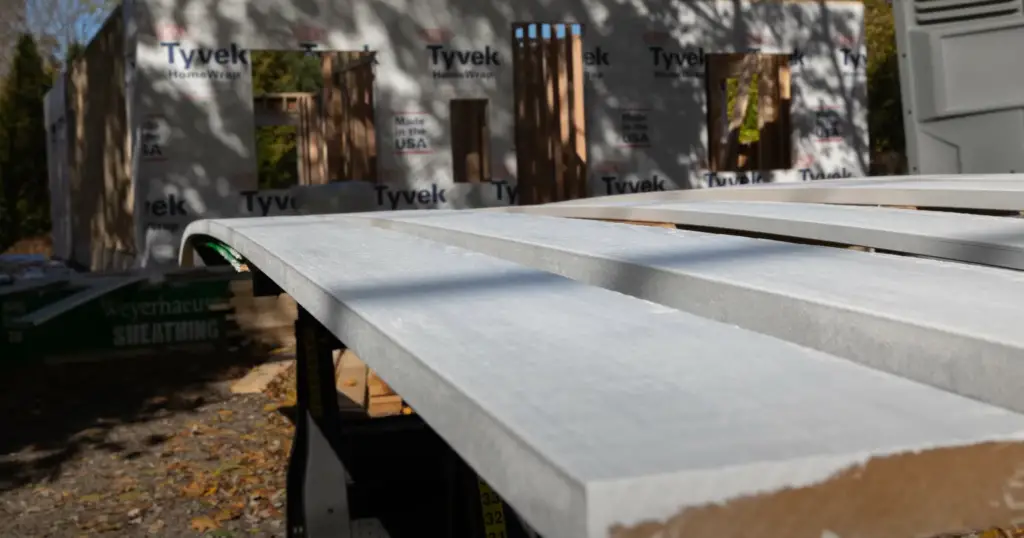
The potential risks associated with trying to build your own house without a license are numerous and should be considered carefully before embarking on such an endeavor. It is strongly recommended that anyone interested in building their own house consult a professional contractor or architect to ensure that all the necessary permits and paperwork are in place and that any construction is done according to proper safety guidelines.
Tips on building a home without a license
If you are interested in building your own home without a license, there are several steps you can take to ensure the project is successful.
- Research local zoning laws and regulations: It is important to understand what kind of construction projects require licensing and permits before starting any construction. Your local government will have information on its website or at its office that outlines what types of licenses and permits are necessary for home building projects.
- Get help from professionals in the field: You may not need a license yourself, but having an expert contractor involved could be beneficial. A qualified contractor has expertise in engineering and architecture as well as knowledge about safety codes and regulations, so they can provide valuable advice throughout the process.
- Budget appropriately: Building a home without a license can be expensive, and it is important to plan ahead when budgeting for the project. Make sure you factor in all the materials and labor that will go into building your home, as well as any additional costs such as permits or inspections that may be required by your local government.
- Stay organized: Keeping detailed records of all aspects of the construction process is essential for ensuring everything goes according to plan. Write down specs on each step of the build and keep copies of receipts from vendors so you have an accurate record at the end of the project.
- Follow safety protocols: Safety should always be a priority when working on any kind of construction project. Follow the safety protocols outlined by your local government and make sure you or anyone else working on the project is properly trained in construction safety.
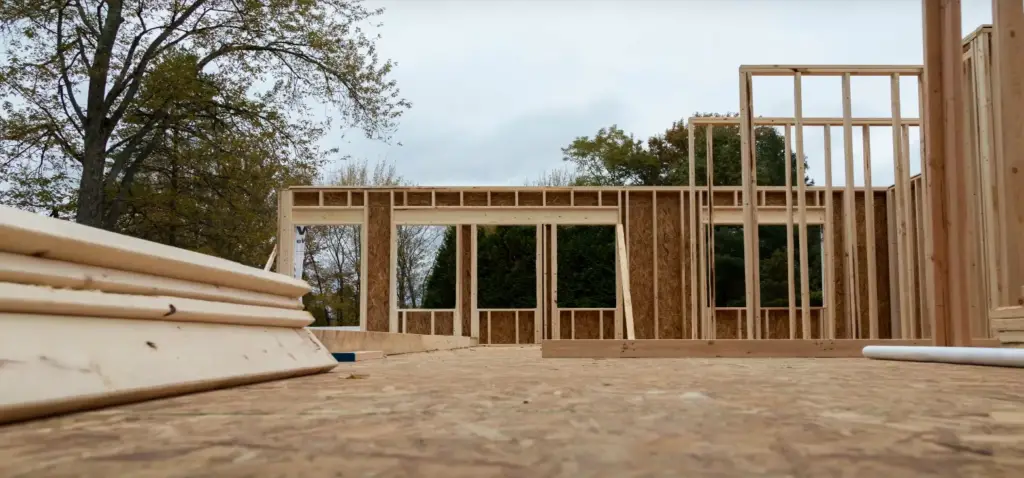
Work with a licensed contractor
If you decide that it would be more beneficial to work with a licensed contractor, there are a few steps you can take to ensure the process goes smoothly.
- Research local contractors: Take time to research local contractors and find one who has experience in home building projects and is familiar with the area’s zoning regulations. You can also check online reviews to get an idea of how other people feel about their experience working with different contractors.
- Ask for referrals and references: Once you have identified a few potential contractors, ask them for referrals or references so you can speak to past customers directly and hear first-hand accounts of their work.
- Get everything in writing: To protect yourself from any potential disputes, make sure you get a detailed contract in writing that outlines the scope of the project and the costs involved.
- Be prepared to trust: Building a home is an important investment and you will need to be able to trust your licensed contractor throughout the process. Make sure you communicate openly and regularly with them so any questions or concerns can be addressed promptly.
Estimate costs and schedules carefully
When building a home without a license, it is important to estimate costs and schedules carefully so you are not hit with any unexpected expenses or delays.
- Get multiple estimates: It is a good idea to get multiple estimates from different contractors before committing to a project. This will help you compare the cost of materials and labor between contractors and make sure you are getting the best deal possible.
- Plan ahead: Building a home requires careful planning and it is essential to think ahead in order to anticipate any potential issues that could arise during construction. Make sure you create accurate timelines for each stage of the project as well as contingency plans for times when things don’t go according to plan.
- Track spending: Keeping track of your spending throughout the project is essential in order to stay on budget. Make sure you have a detailed record of all expenses and review them regularly to ensure you are not going over budget.
Know your responsibilities
When building a home without a license, there are certain responsibilities that you need to be aware of.
- Follow local laws: Every state and locality has different laws when it comes to construction, so make sure you understand the legal requirements in your area and follow them throughout the project.
- Get necessary permits: When required by law, make sure to get all necessary permits for the project before starting any work. This will help ensure that everything is done legally and can prevent any potential complications down the line.
- Take responsibility: As the owner of the project, you need to take responsibility for ensuring everything goes according to plan. Make sure all contractors are properly trained and qualified before hiring them and monitor their work throughout the project.
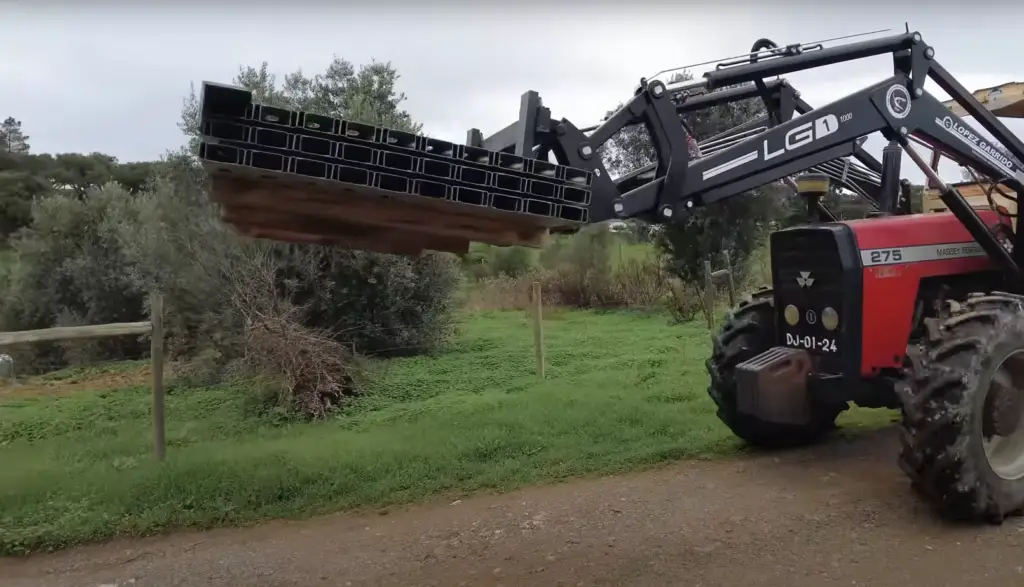
Understand your legal obligations
Building a home without a license can come with certain legal obligations, so it is important to understand them before starting the project.
- Liability: When you hire contractors or purchase materials without a license, you can be held legally accountable for any issues that arise during construction. Make sure all contractors are properly insured and bonded so you don’t have to pay out of pocket if anything goes wrong.
- Warranties: Any warranties that come with supplies and equipment may not be valid if they were purchased without a license. Be sure to thoroughly research your suppliers and read any applicable contracts carefully to make sure you know what’s covered in case something breaks down or fails prematurely.
- Tax implications: There may be tax implications associated with building a home without a license, so make sure you understand how the project will affect your taxes before moving forward.
Pay attention to local laws
When building a home without a license, it is important to pay attention to local laws in order to avoid any legal issues. Make sure you research the regulations in your area and follow them throughout the project.
- Building codes: Every locality has different building codes that must be followed when constructing any type of structure. Research your local codes and make sure all work adheres to them.
- Zoning regulations: Depending on where you live, there may be zoning restrictions or requirements that need to be taken into account before starting construction. Be sure to research these before starting the project in order to ensure everything is done legally and safely.
- Environmental concerns: Pay attention to environmental issues such as noise, air quality, and waste management when building. Make sure to take appropriate measures to reduce any negative impacts on the environment. [2]
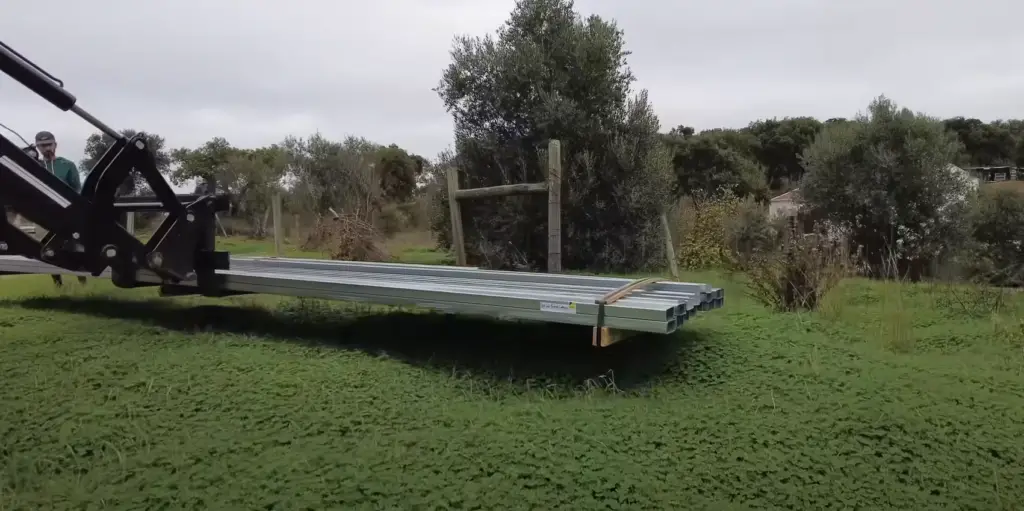
FAQ
Can I build my own house without a contractor?
Yes, you certainly can! Depending on your local building codes and regulations, a homeowner may be able to build their own home without having to hire a contractor. That said, it’s important to make sure you understand all applicable laws and regulations before starting any project.
When planning your DIY house project, try breaking it down into smaller tasks that can be completed one at a time. Begin with the foundation work and then move onto framing the walls before adding insulation or wiring/plumbing solutions. This approach makes it easier to keep track of your progress and can help to ensure that all safety standards are met. It’s also important to get professional advice when needed; even the most experienced DIYers should reach out to a licensed contractor or home inspector if they need assistance with tricky jobs, such as installing a roof or laying concrete.
Finally, make sure you have adequate tools and supplies for the job before starting construction on your new house. Depending on what type of project you’re tackling, it may be necessary to rent some heavy-duty equipment or purchase specific materials (such as insulated windows). Putting together a comprehensive list ahead of time can help to reduce costs and keep your project running smoothly. Good luck building!
Is it cheaper to buy a house or build one yourself?
Building a house yourself is definitely possible, and it can be much cheaper than buying an existing home. However, there are a few things you need to consider before diving into this project. First, you must decide if it’s the right type of project for your skillset – do you have the knowledge and experience to get the job done? Additionally, you’ll need to factor in labor costs, building materials, and all other necessary supplies that could significantly affect how much money you’re spending on your project.
Lastly, building a house without a license isn’t something we recommend – any work done on the structure must meet specific local codes and regulations. This means that even though it might seem cheaper to build your own home, it’s essential that you have the correct permits and licenses in place so you can avoid problems later on.
What I wish I knew before building a house?
There are a lot of things that you should consider before beginning the process of building your own home. From budgeting to zoning regulations, there is no shortage of important considerations that need to be taken into account. Here are some tips we would recommend considering before starting this journey:
- Make sure you understand local zoning regulations and any potential restrictions on construction. Different areas may have different rules and regulations regarding the size, design, materials and more for homes in their area.
- Prepare yourself for the costs involved in building a house from scratch. This includes labor costs as well as material costs and permits necessary for constructing a home from the ground up.
- Consider hiring professionals such as architects or engineers to help you plan and create the best design for your home.
- Think about the types of materials you would like to use in building your house. Quality materials can not only increase the value of your home but also help ensure it will last for years to come.
- Research contractors and electricians who have experience in constructing a home from scratch and ask for references. Make sure you are comfortable with who will be working on your project before committing to any agreements or contracts. [4]
Building a house from the ground up can seem overwhelming, but with proper research and planning, it can become an exciting challenge! Start by getting familiar with local zoning regulations and budgeting for potential costs early on in this process. From there, you can start to determine the design and materials for your house. Finally, hire professionals or do-it-yourselfers who have experience in building a home from scratch to help you create your dream home!
Is it cheaper to build a house than buying?
Building a house can be a cheaper option than buying, depending on the location and materials used. If you’re in an area with high home prices, the building is often more cost-effective. Additionally, if you choose inexpensive yet quality materials for your build, you could save yourself thousands of dollars.
So while it’s true that building a house without a license may not be allowed by law, it’s important to consider whether or not it would be the most cost-effective solution for you and your family. Just make sure to research local laws before taking any action!
If you do decide to take on the project, remember that there are many resources available to help guide you through the process of building a house. From tutorials on how to install electrical wiring and plumbing, to tips on designing the perfect layout, there are plenty of ways to get started. Take advantage of these resources – they could help you save time and money in the long run!
Useful Video: Build a House with No Contractor License
Conclusion
So, can you build your own house without a license? The answer is yes, as long as you follow local laws and regulations. If you do decide to build your own home, make sure to read up on the requirements in your area before beginning construction. Do research on building codes and safety standards, find out if any permits are required for certain projects, and also familiarize yourself with zoning laws that may restrict how big or tall the structure can be. Additionally, carefully consider whether or not you have the necessary tools and skills needed to take on this task. Building a house can be an immensely rewarding experience but it’s best left to those who are truly prepared! Best of luck!
References
- http://blog.armchairbuilder.com/2700/can-you-build-your-own-home/
- https://www.yourownarchitect.com/can-you-build-your-own-house-without-a-license/
- https://www.quora.com/Can-I-build-my-own-house-without-a-contractor
- https://carolineondesign.com/known-before-building/


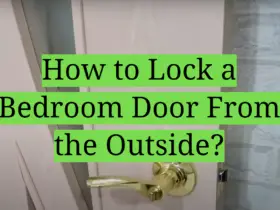


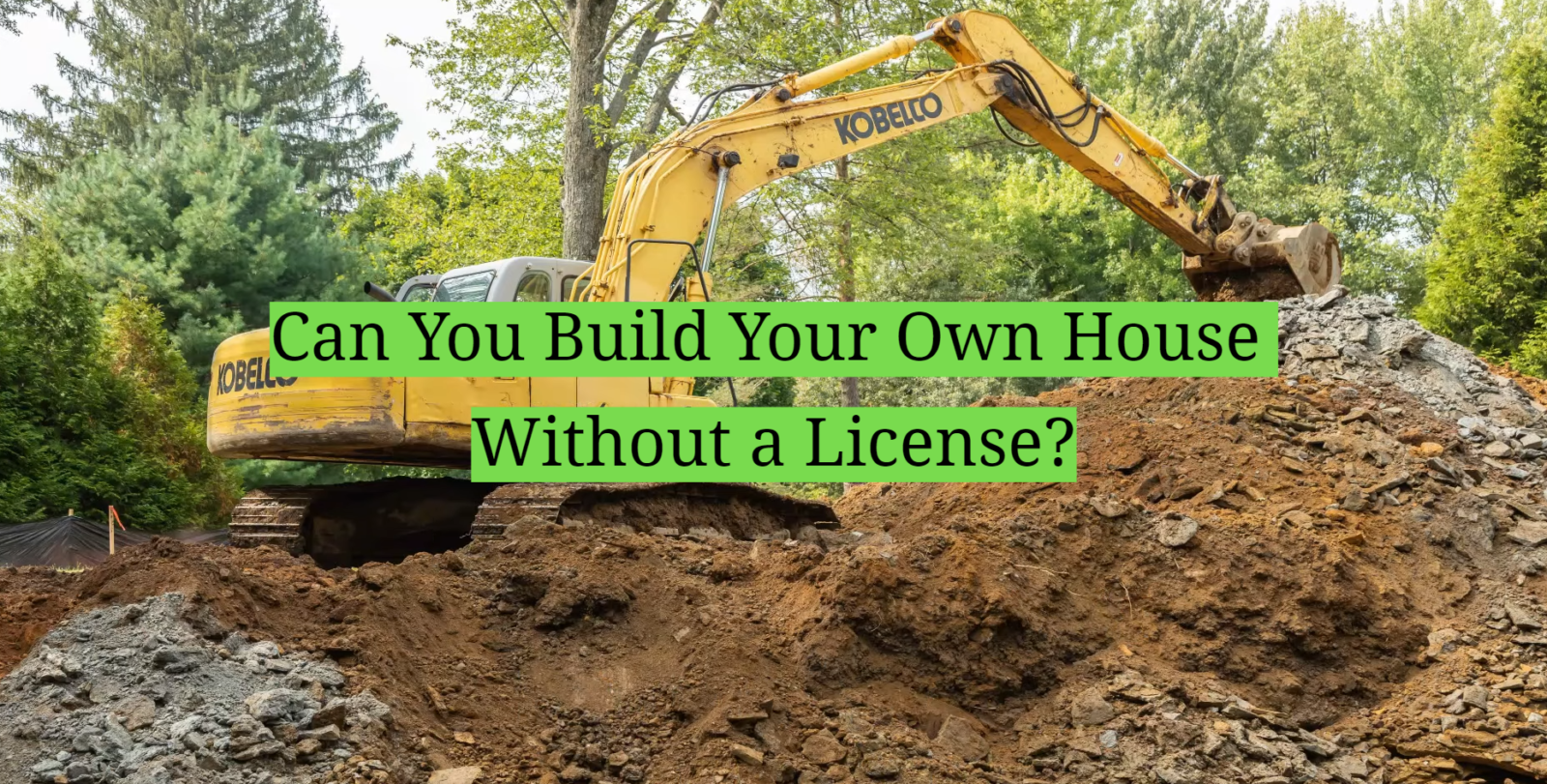

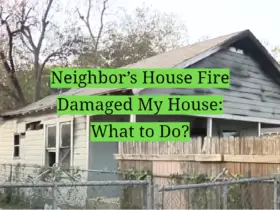


Leave a Reply